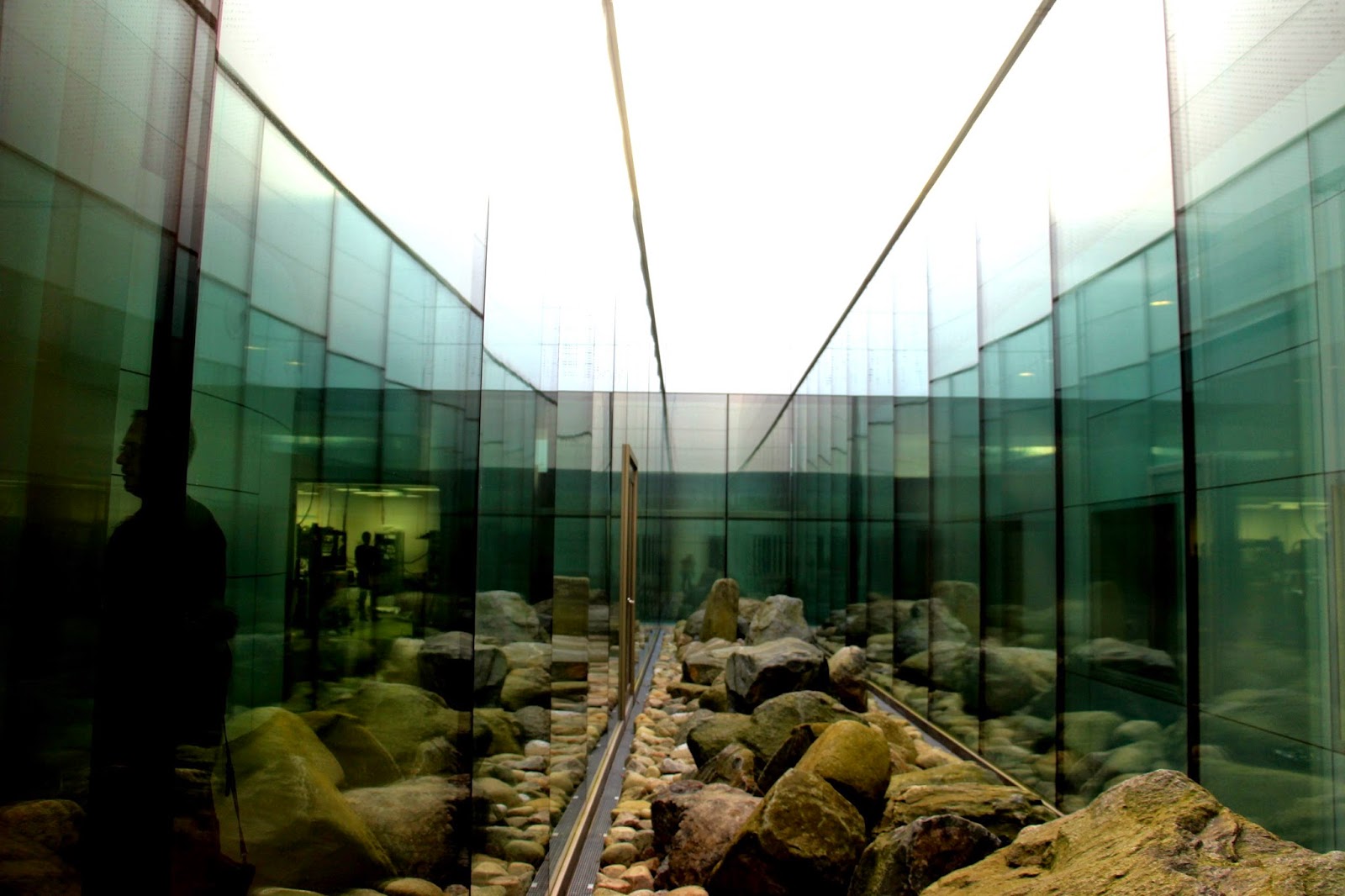10 reasons why we must share our research to the public
Science –
and nobody cares! While the media is filled with gossip and trash, a high
number of school children fears physics and biology. Meanwhile people, not
working in the science sector, are excluded from brilliant results, because
they don’t have an access to hidden online libraries. It’s about us to have a
change!
1.
Imagine a world, in
which teenagers don’t admire Miley Cyrus or Justin Bieber, but fill the walls
in their room with posters showing the current Nobel Prize winner for physics.
2.
Research’s aim is to
improve, to create and to understand and therefore contains many positive
aspects. It could change our perception of our world, filled with wars,
conflicts and poverty towards a more positive image.
3.
Research is the
answer for young children asking the question “why do you we go to school?”
School helps to gain basic knowledge and the first step towards a career in the
science sector.”
4.
If we encourage young
people to become a scientist, the number of scientist and researchers will
increase, including the number of ideas, questions and answers we have.
5.
The university has no
more money for your PhD? If the majority of our society would be more aware
about science, we could be sure, also the institutional attitude would shift
towards more support.
6.
Science is mostly
about people or at least about the things they are interested in. So they have
the right to know about it.
7.
Researchers,
especially international projects, prove that people with different
backgrounds, nationalities and ideas can collaborate and create something new.
8.
Research is about
understanding. If we understand the world we live in, we can improve it.
9.
Science is more
creative than most people would imagine. There is no limitation concerning the
questions a researcher is allowed to ask and further, no restriction to find
the right answer. And the result is always the same: more and more questions!
You’ll never get bored!
10. Science is something we can
touch, feel, smell and see. Something real. And there is nothing more
fascinating than reality!























